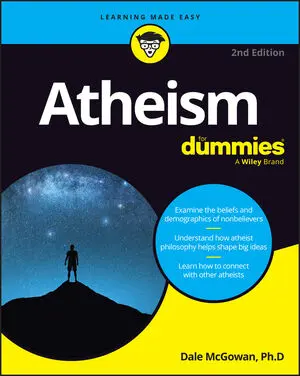Nearly all religions bar women from serving as clergy. Women were (and often still are) held responsible for humanity’s fall from grace in the Old Testament, told to stay silent and submissive in church in the New Testament, and relegated to a servant’s role in the Qur’an.
Hinduism instructs wives to worship their husbands as gods, even if said husbands lack a single good quality and sleep around. Even Jainism, has one of its two main sects calling women “intrinsically harmful” and saying they can’t achieve nirvana without first being reborn a man.
It does make sense that religions born more than 2,000 years ago would pick up the norms and values of their time. But when their scriptures carried bad ideas forward through the centuries along with the good, refusing all edits, until they collided with modern Enlightenment ideas like equality — that’s when they needed a change.
And change was exactly what the first wave of feminists in the 19th century demanded. Those early feminist leaders include the following:
-
Frances Wright: When not visiting Thomas Jefferson or other movers and shakers of her time, agnostic feminist Frances Wright (1795–1852) traveled the United States giving public lectures in favor of women’s rights and the abolition of slavery. And she directly — very directly — condemned religion as the main problem in both areas.
Doing so took incredible courage, in part because Wright was the first woman to speak publicly to an audience of both men and women in the United States, the first to publicly suggest that women should be equal to men, and the first to openly criticize religion.
In a situation of multiple firsts, most people would have been walking on eggshells, but not Wright. Her reward was to be assailed by clergy and press alike as “the great Red Harlot of Infidelity” and the “Whore of Babylon.” After many of her own lectures, she had to flee through the back door to avoid being pummeled by the crowd.
-
Ernestine Rose: Rose (1810–1892) followed on Wright’s heels, using the same medium (public speaking) on the same topics (women’s rights and slavery) with the same primary target (religion) and the same result (outrage, name-calling, and threats of violence).
She was elected president of the National Women’s Rights Convention in 1854, but not before several members tried to boot her from the platform because of her atheism. Susan B. Anthony, an agnostic herself, insisted that “every religion — or none — should have an equal right on the platform.” The following year, one newspaper said Rose, being “a female Atheist,” is “a thousand times below a prostitute.”
-
Elizabeth Cady Stanton: Stanton (1815–1902), an atheist, also supported abolition and women’s rights. Like Wright and Rose, she shocked many of those fighting with her when she insisted, loudly and often, that “the Bible and the church have been the greatest stumbling blocks in the way of woman’s emancipation.”
Stanton and Susan B. Anthony co-authored the 19th Amendment to the U.S. Constitution — “The right of citizens of the United States to vote shall not be denied or abridged by the United States or by any State on account of sex” — which became law 18 years after Stanton’s death.





